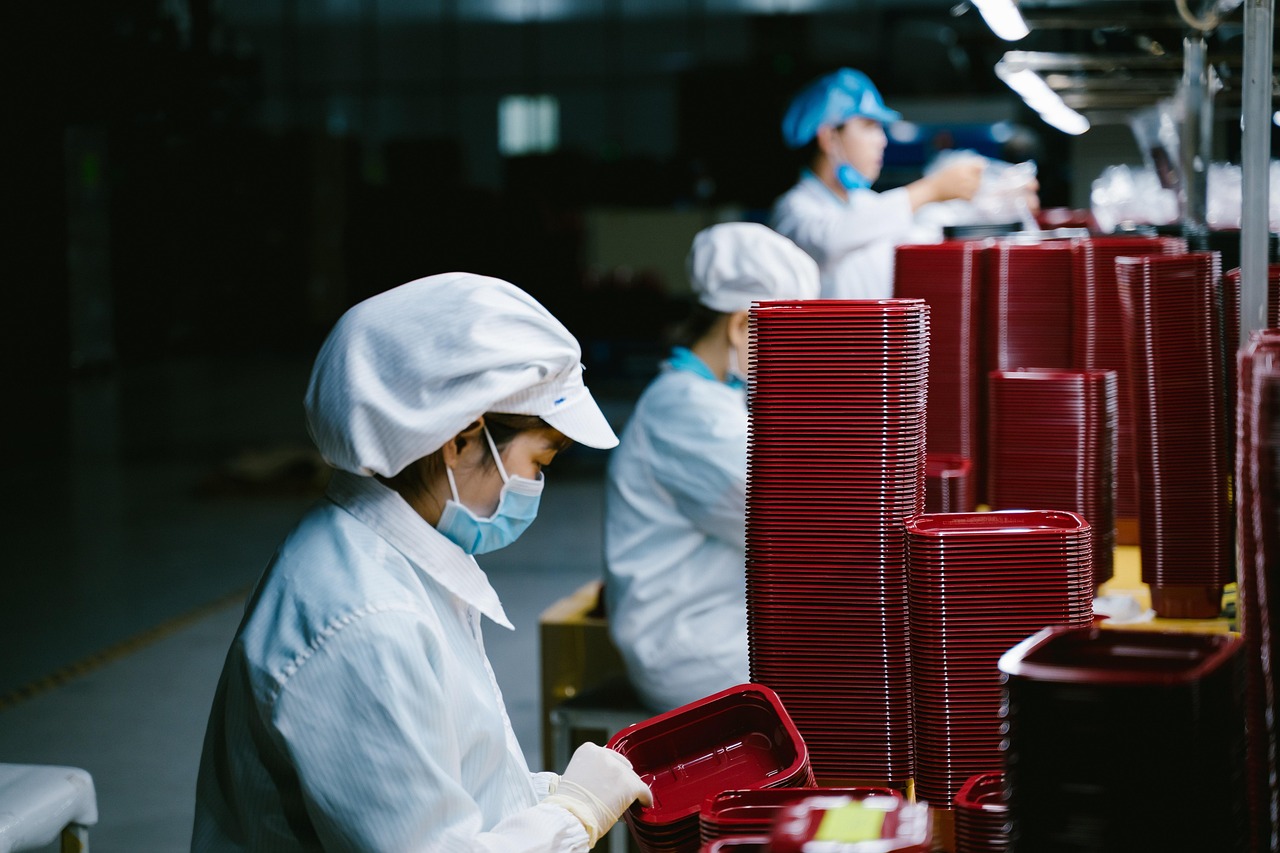What to Know Before Choosing a Food Packing Service
Food packing is a vital part of the production and distribution process. It helps protect food products, preserve freshness, and ensure regulatory compliance. Learn how to evaluate providers based on materials, hygiene protocols, labeling accuracy, and storage conditions for consistent product quality.

Understanding Food Safety Standards in Packaging
Food safety is non-negotiable in the food packaging industry. Reputable food packing services adhere to rigorous safety protocols like Hazard Analysis Critical Control Points (HACCP), Good Manufacturing Practices (GMP), and ISO 22000 certification. These standards ensure that packaging materials and processes don’t introduce contaminants or compromise product integrity. When evaluating potential packaging partners, request documentation of their compliance with relevant food safety certifications and ask about their quality control measures. The best food packaging companies conduct regular audits, maintain detailed records of quality checks, and implement comprehensive food safety management systems that cover the entire packaging process.
Evaluating Hygienic Packing Solutions
Hygiene in food packaging extends beyond the obvious visible cleanliness of a facility. Professional food packing services implement sophisticated hygienic packing solutions that minimize contamination risks at every stage. This includes maintaining controlled environments with appropriate air filtration systems, implementing strict personnel hygiene protocols, and utilizing equipment designed specifically for sanitary operation. Ask potential service providers about their hygiene procedures, including cleaning schedules, pest control measures, and employee training programs. The facility should have clear zones separating raw materials from finished products and maintain appropriate temperature and humidity controls based on the food products being packaged.
Material Selection for Different Food Types
The relationship between packaging materials and food products is complex and critical. A qualified food packaging company will help select appropriate materials based on your specific product characteristics, shelf-life requirements, and distribution conditions. Common food packaging materials include various plastics (PET, HDPE, LDPE), glass, metal, paper, and biodegradable options. Each material offers different barriers against moisture, oxygen, light, and other factors that can compromise food quality. Consider whether the packaging service can provide guidance on sustainable options that maintain food safety while reducing environmental impact. Additionally, verify that all materials used are food-grade and compliant with regulations like FDA requirements or European Food Safety Authority standards.
Labeling Compliance and Regulatory Requirements
Proper labeling is both a legal requirement and a crucial communication tool with consumers. Food packaging services should demonstrate expertise in labeling compliance across different markets where your products will be sold. This includes accurate ingredient lists, allergen warnings, nutritional information, batch coding, and expiration dates. The food packaging company should stay current with evolving regulations in different jurisdictions and help ensure your packaging meets all requirements. Beyond regulatory compliance, effective labeling also includes proper placement of barcodes, QR codes, and other tracking elements that support supply chain management and consumer engagement.
Assessing Technological Capabilities and Equipment
The technological capabilities of a food packing service directly impact efficiency, consistency, and quality. Modern packaging facilities leverage automation, digital monitoring, and advanced quality control technologies to deliver reliable results. When evaluating potential partners, inquire about their equipment specifications, maintenance schedules, and technological capabilities. Consider whether they can accommodate your current volumes and potential growth, offer flexibility in packaging formats, and provide value-added services like custom design or specialized finishing options. The best food packaging companies continually invest in equipment upgrades and process improvements to enhance efficiency and quality.
Comparing Food Packaging Service Providers and Costs
Finding the right balance between quality, capabilities, and cost requires careful comparison of potential providers. Below is a comparison of different types of food packaging service providers:
| Provider Type | Typical Services | Cost Range | Best Suited For |
|---|---|---|---|
| Full-Service Industrial Packagers | Comprehensive packaging solutions, from material selection to finished packaging | $5,000-$50,000+ monthly minimums | Large-scale manufacturers, national brands |
| Mid-Size Packaging Companies | Standard packaging options with some customization | $2,000-$10,000 monthly minimums | Growing regional brands, specialty producers |
| Co-Packers | Packaging plus product manufacturing | Based on volume, typically $0.10-$0.50 per unit | Companies outsourcing production |
| Specialized Boutique Packagers | High-end, highly customized packaging | Premium pricing, typically 30-50% higher than standard options | Premium brands, limited editions, specialty foods |
| Contract Packaging Services | Flexible, project-based packaging | Variable rates based on project scope | Seasonal products, test markets, small batches |
Prices, rates, or cost estimates mentioned in this article are based on the latest available information but may change over time. Independent research is advised before making financial decisions.
Storage and Distribution Considerations
The packaging journey doesn’t end when products are sealed. Your food packaging partner should understand appropriate storage conditions for your packaged products and potentially offer solutions for temporary storage or distribution. Temperature controls, humidity management, and protection from light or other environmental factors remain important post-packaging. Ask potential service providers about their protocols for handling finished products, how they maintain inventory control, and their capabilities for coordinating with distributors or retailers. Some food packaging companies offer integrated logistics solutions that can streamline your supply chain and ensure products arrive at their destination in optimal condition.
Selecting the right food packing service involves careful evaluation of safety standards, hygiene protocols, material expertise, labeling capabilities, technological resources, and cost considerations. The ideal partner will not only meet your current packaging needs but also provide valuable guidance as your products evolve and your market expands. By thoroughly assessing potential providers across these key dimensions, you can establish a packaging partnership that enhances your product quality, ensures regulatory compliance, and ultimately strengthens your position in the competitive food marketplace.




